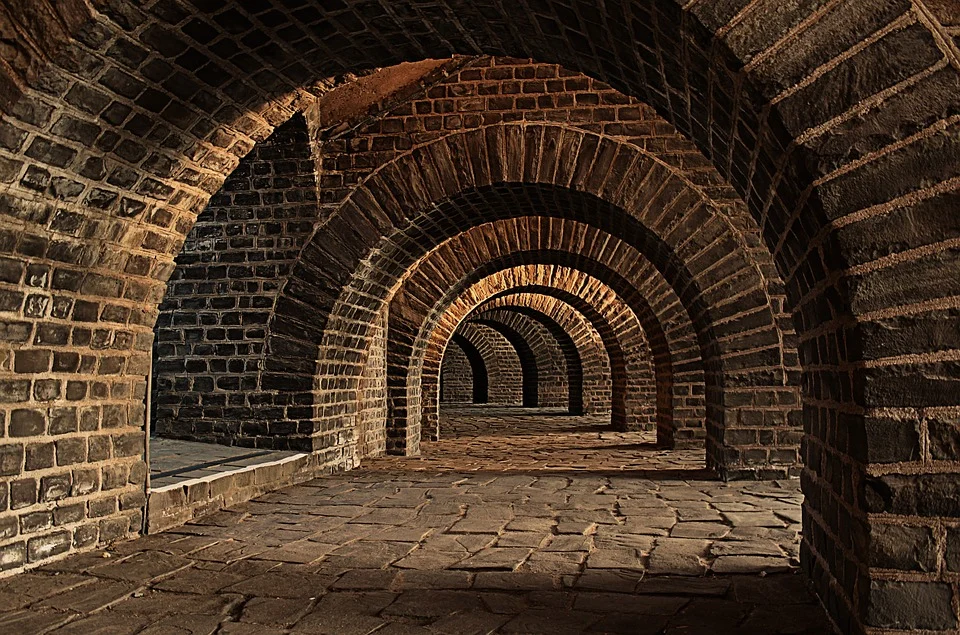History Major – Fact Or Fiction?
History is the study of history. Events prior to the invention of written records are often considered prehistoric. ” Historiography” is the application of knowledge of the past to future events and decisions. “Books” in contrast to “books” in the classroom indicates the distribution of knowledge over time, and not necessarily the content of that knowledge. History has become an important part of daily life since the beginning of recorded history.
The discipline of history is divided into two major sections: professional historians and laymen historians. Professional historians are academic professionals who research and write about history for a living. As the name implies, professional historians study history as a profession. Laymen on the other hand are those who do not hold academic degrees in any of the disciplines of history (professional historians also include freelance researchers, archival technicians, examiners, reporters, video analysis, media specialists, fact-checkers, consultants, and organizers).
There have been several attempts at defining what forms of historians are involved in the field of history. One of these attempts was made by a British thinker and historian, initials H.H. Wade. In his book, A History of the World endoscope, he distinguished between six main types of historians: Popular History, Political History, Documentary History, Literary History, Popular History, and Historical Writing. Drawing from this framework, we can divide the field into two main categories.
In the broadest sense, writers of political history, which includes biographies and topical studies of government and politics, write history from the point of view of those in power. Documentary historians, on the other hand, depend on primary sources such as newspapers, magazines, pamphlets, and other written sources. Literary historians rely on primary sources as well as on secondary sources that record personal collections and tell the story of how people lived during a time period. While they use primary and secondary sources to tell their stories, literary historians do not attempt to tell a topical history but rather tell an overall story from a historical perspective.
The extent of readership for each of these various types of historians can vary significantly. A popular historian, one who writes for the general public and who thus relies on primary and secondary sources from many different places, might have little interest in the internal political affairs of specific countries or events. Conversely, historians who prefer analyze events from a more specific point of view will likely be interested in a particular country, region, or topic. In other words, a popular historian who tells the public about the First World War may not be interested in the politics of the period nor would a professional who specializes in the Ancient World be interested in the politics of Greece and Rome.
The discipline of history can be quite detailed and consuming. In order to write a successful history book, a writer should make every effort to research every aspect of this complex subject. It is also important to take into account the number of primary sources and secondary sources that a writer uses. While a writer cannot expect to compile a history that covers all of human history, a good background in the history of any area can make the task much easier.


